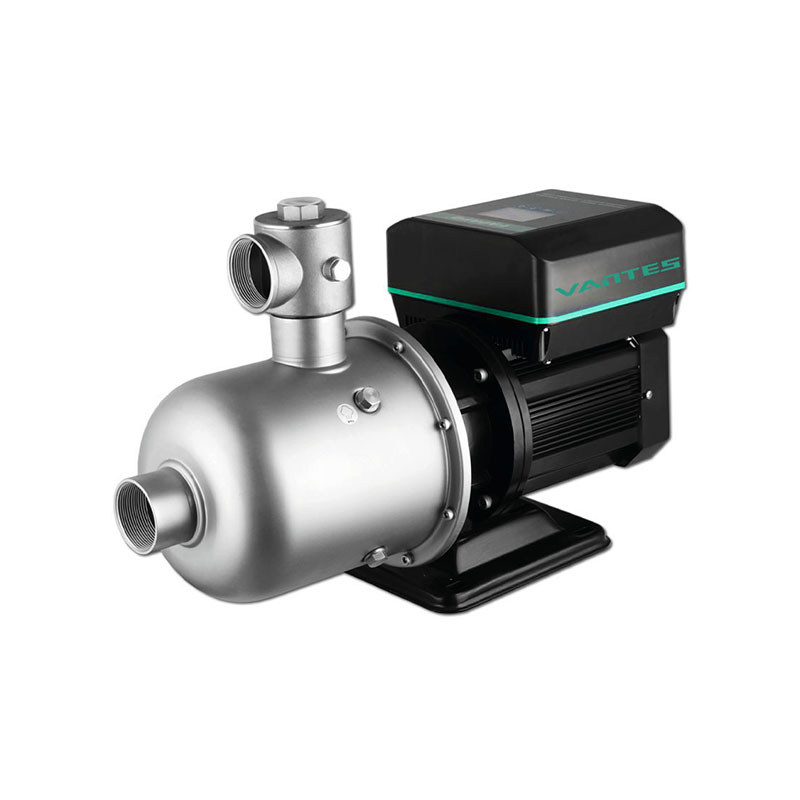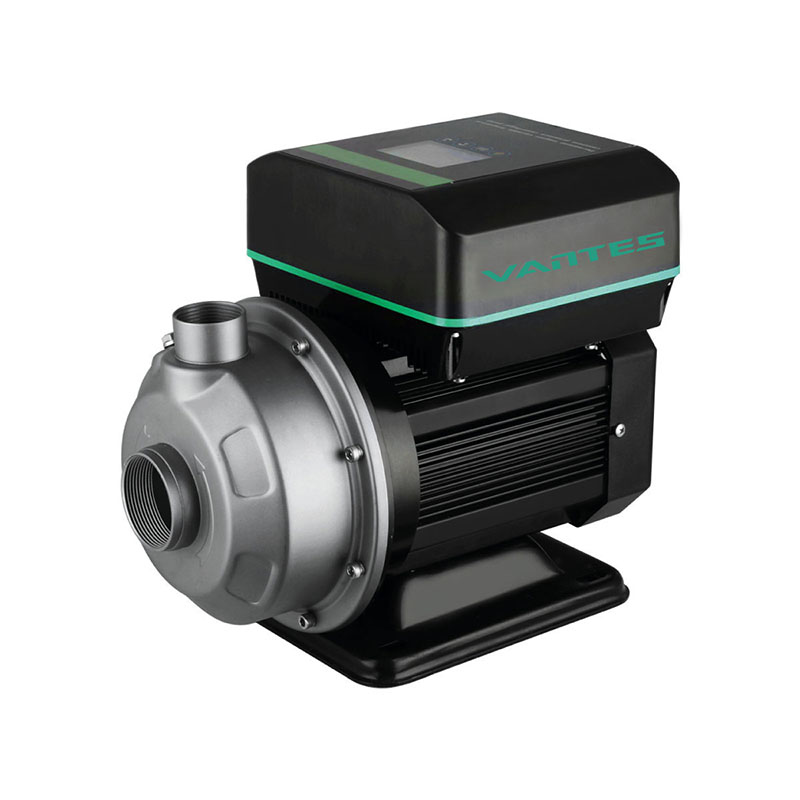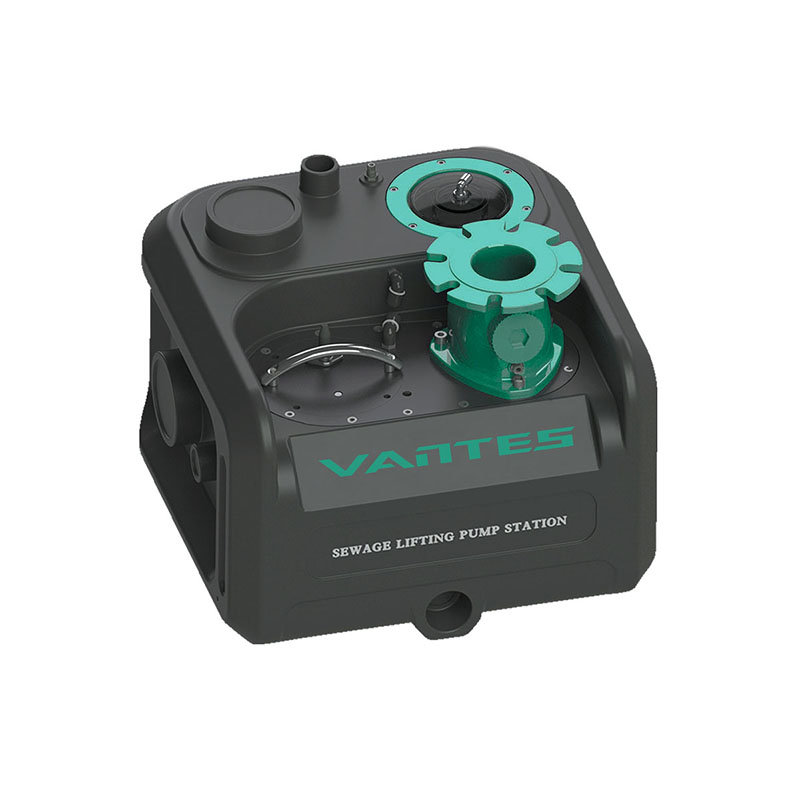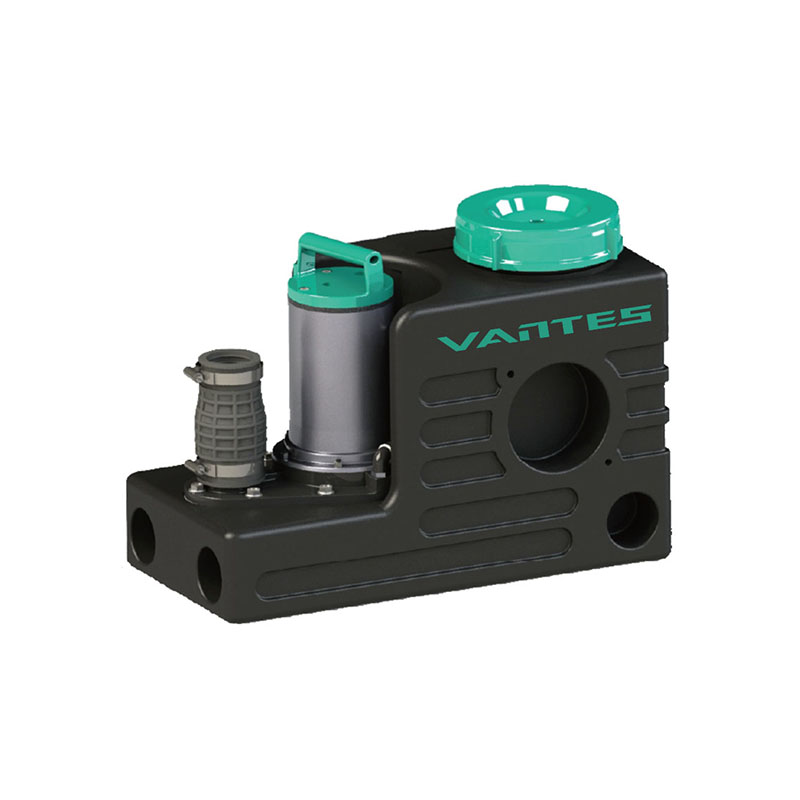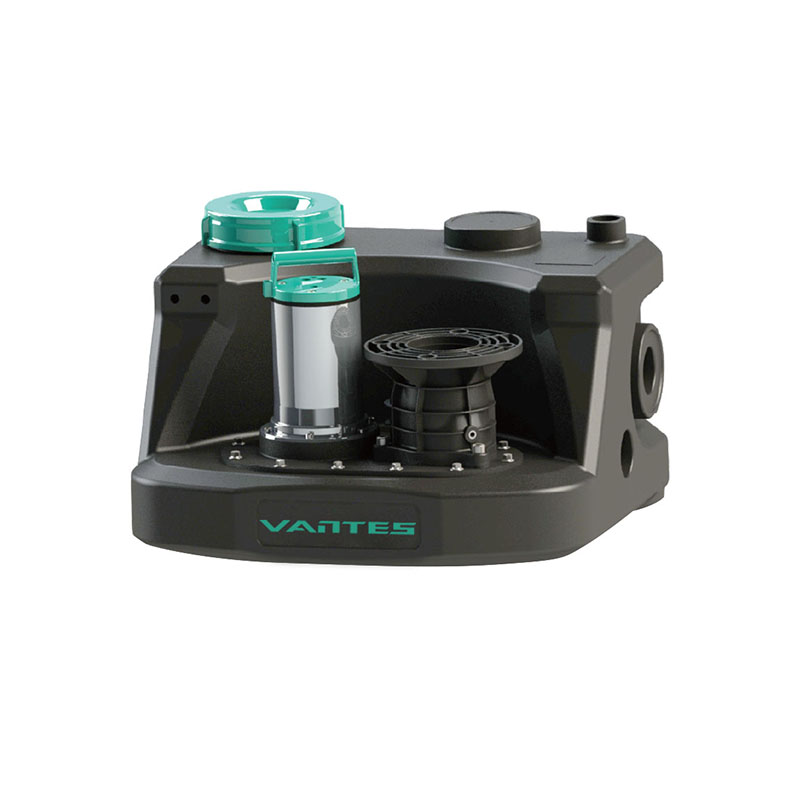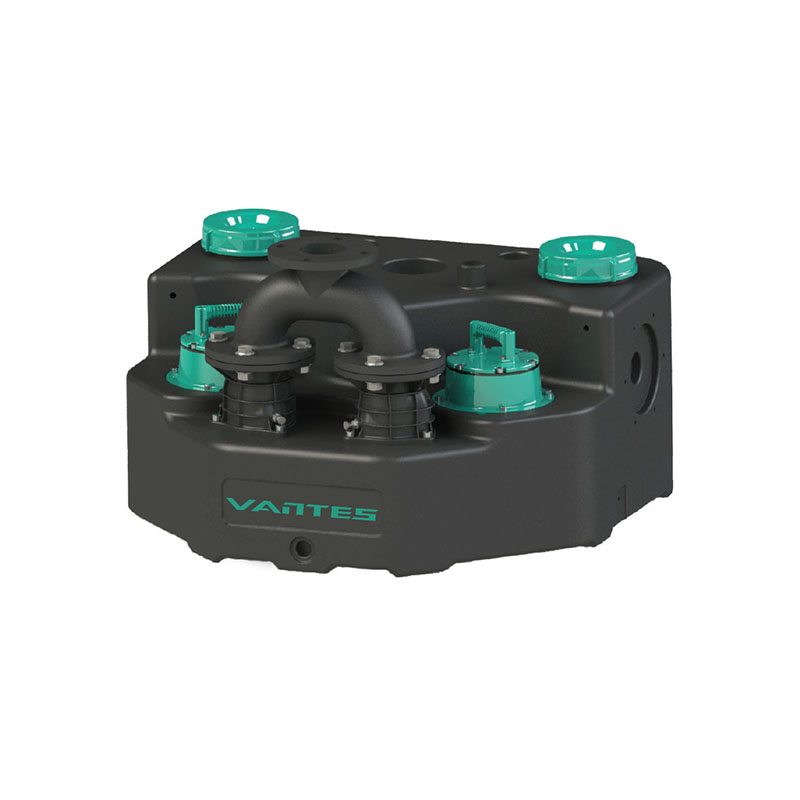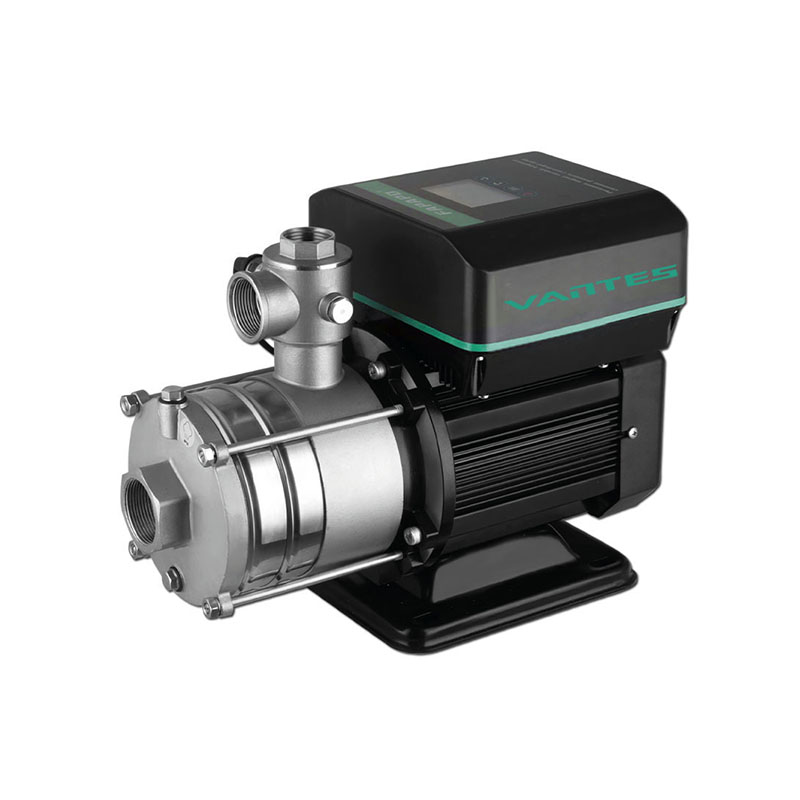In an era where energy efficiency and sustainability are top priorities across industries, the Variable Frequency Centrifugal Pump (VFC Pump) is quickly becoming a cornerstone of modern fluid handling systems. Whether used in residential water supply, industrial processes, or large-scale infrastructure projects, these pumps offer unparalleled advantages over traditional fixed-speed pumps. By incorporating variable frequency drive (VFD) technology, VFC pumps provide more efficient, cost-effective, and reliable solutions for managing fluid systems in diverse applications. This article explores how the Variable Frequency Centrifugal Pump is changing the game in fluid management, and why industries are increasingly adopting this innovative technology.
What is a Variable Frequency Centrifugal Pump?
A Variable Frequency Centrifugal Pump is a type of centrifugal pump that integrates a variable frequency drive (VFD) to regulate the speed of its motor. This technology allows the pump to adjust its operating speed based on real-time demand, optimizing its performance and energy consumption. In contrast to traditional fixed-speed pumps, which run at a constant speed regardless of fluid demand, the VFC pump operates dynamically. It can ramp up or down in speed depending on system requirements, such as pressure or flow rate, ensuring that energy is only used when needed.
This ability to adjust the pump’s speed makes it highly versatile and efficient, especially in applications where the flow rate or pressure requirements vary over time. The VFD adjusts the motor speed to maintain optimal performance, leading to significant energy savings, reduced wear and tear, and more reliable operation.
Key Advantages of the Variable Frequency Centrifugal Pump
Energy Efficiency: One of the primary benefits of the Variable Frequency Centrifugal Pump is its energy efficiency. Fixed-speed pumps often run at full capacity, even when the flow rate is lower than the system demands. This leads to wasted energy and higher operational costs. By adjusting the motor speed based on demand, the VFC pump uses only the energy required to meet the current flow rate and pressure, resulting in substantial energy savings. Studies have shown that VFC pumps can reduce energy consumption by as much as 30-50% compared to traditional pumps.
Reduced Operational Costs: In addition to saving energy, the Variable Frequency Centrifugal Pump can reduce operational costs in several other ways. By optimizing pump speed, the pump experiences less strain, which can extend its lifespan and reduce maintenance needs. Additionally, the ability to avoid energy waste means lower utility bills over the long term, making the VFC pump a cost-effective solution for both industrial and residential applications.
Consistent Pressure Control: Maintaining stable pressure is crucial in fluid systems, particularly in applications like water distribution, HVAC systems, and industrial processes. Traditional fixed-speed pumps can result in fluctuating pressure, especially when multiple outlets or systems are in use at once. The Variable Frequency Centrifugal Pump addresses this issue by automatically adjusting the speed to maintain consistent pressure. Whether it's a home water supply system or a large-scale industrial operation, VFC pumps provide reliable pressure control, enhancing system performance and user comfort.
Improved System Longevity: Fixed-speed pumps often suffer from excessive wear and tear due to the constant, high-speed operation. Over time, this leads to increased maintenance costs and a shorter lifespan. The Variable Frequency Centrifugal Pump runs at varying speeds, depending on the demand, reducing the stress on pump components and leading to a longer operational life. This translates into fewer breakdowns and reduced maintenance needs, making it a reliable and durable solution.
Flexible Applications: The versatility of the Variable Frequency Centrifugal Pump makes it suitable for a wide range of applications. From municipal water supply systems to industrial cooling systems and agricultural irrigation, the ability to adjust the pump’s speed to match the specific needs of each system makes it an excellent choice for a variety of sectors. Additionally, many VFC pumps are equipped with built-in sensors and intelligent control systems that allow them to automatically adjust to changing conditions, further optimizing performance.
Quiet Operation: Traditional pumps can be noisy, especially when running at full capacity. The Variable Frequency Centrifugal Pump operates more quietly because its motor speed is adjusted to match the demand. As a result, the pump generates less noise, making it an ideal choice for residential buildings, hospitals, office spaces, and other environments where noise levels are a concern.
